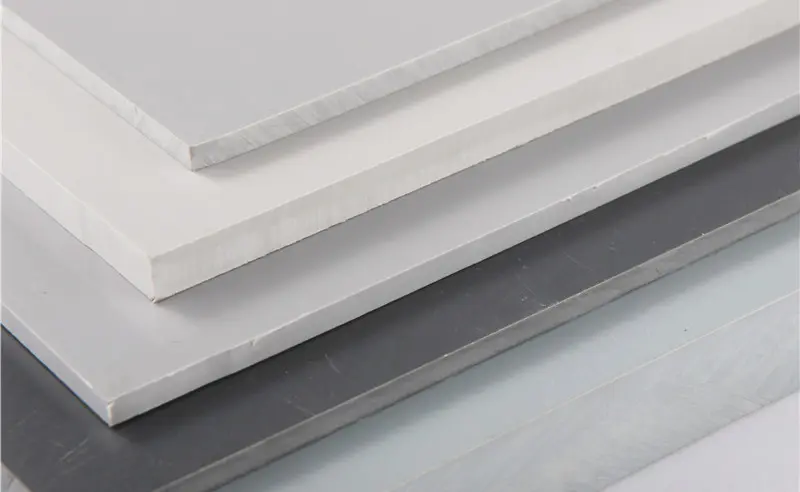Dez . 23, 2024 06:08 Back to list
pvc board
Understanding PVC Board Versatile and Durable Material for Multiple Applications
Polyvinyl chloride (PVC) board is a synthetic material that has gained immense popularity in various industries due to its versatile nature and durability. PVC, a type of plastic, offers a lightweight alternative to traditional building materials while providing significant advantages in terms of longevity, water resistance, and ease of maintenance. In this article, we will explore the characteristics, benefits, and applications of PVC boards.
Characteristics of PVC Boards
PVC boards are made from a high-quality polymer that is both durable and lightweight. They come in a variety of thicknesses, colors, and finishes, which makes them suitable for a wide range of applications. One of the most notable features of PVC boards is their resistance to moisture. Unlike wood, they do not warp, swell, or decay when exposed to water, making them ideal for outdoor and wet environments.
Additionally, PVC boards are resistant to chemicals and UV radiation, which further enhances their longevity. This quality makes them an excellent choice for applications in areas exposed to harsh weather conditions or corrosive substances. Furthermore, they are easy to clean and maintain, requiring only soap and water to keep them looking new.
Benefits of Using PVC Boards
There are many benefits to choosing PVC boards over traditional materials. Firstly, their lightweight nature makes them easy to handle and install, which can significantly reduce labor costs and project timelines. This feature is particularly advantageous in construction and renovation projects where time and efficiency are paramount.
Secondly, PVC boards are highly customizable. They can be easily cut, shaped, and molded to fit specific design requirements. This flexibility allows architects and designers to innovate without the constraints often associated with other materials. Additionally, PVC boards can be printed on or painted, providing even more aesthetic options.
pvc board

Another significant advantage of PVC boards is their environmental sustainability. Many manufacturers produce PVC from recycled materials, reducing waste and the carbon footprint associated with production. Furthermore, the longevity of PVC boards means they do not need to be replaced frequently, which also contributes to sustainability efforts.
Applications of PVC Boards
Given their versatility, PVC boards have a wide range of applications across various sectors. In the construction industry, they are often used for cladding, flooring, and roofing. Their moisture and weather resistance make them ideal for building exteriors, garden structures, and other outdoor projects.
In interior spaces, PVC boards serve as a popular choice for wall coverings, false ceilings, and cabinetry. Their adaptability and ease of installation make them particularly appealing for residential renovations, commercial interiors, and even specialized environments like laboratories.
Moreover, PVC boards are heavily used in signage and advertising due to their ability to withstand outdoor elements. Businesses utilize them for durable signage that can remain vibrant and intact over time. Additionally, the printing capabilities on PVC boards allow for high-quality graphics and vivid colors, enhancing visibility and impact.
Conclusion
In conclusion, PVC boards are a remarkable material that has revolutionized the way we approach construction, design, and manufacturing. Their lightweight nature, durability, moisture resistance, and ease of customization make them an ideal choice for a multitude of applications. With sustainability at the forefront of modern innovations, the use of PVC boards represents a step toward more environmentally friendly practices in various industries.
By choosing PVC boards, businesses and individuals can benefit from a durable and versatile product that meets the demands of both aesthetics and functionality. Whether you're embarking on a home renovation, a commercial project, or looking for a sustainable option for your signage needs, PVC boards offer endless possibilities that cater to the modern world’s diverse requirements.
-
Durable PP Rigid Sheet: Lightweight, Chemical Resistant Solutions
NewsAug.21,2025
-
PVC Grey Sheet for Extraction: Chemical Resistant & Durable
NewsAug.19,2025
-
Durable PVC Pipe Fittings for Plumbing & Irrigation Needs
NewsAug.18,2025
-
HDPE Steel Belt Reinforced Spiral Corrugated Pipe | High Strength
NewsAug.17,2025
-
HDPE Pipe Fittings: Durable, Leak-Proof Solutions
NewsAug.16,2025
-
Premium CPVC Sheet: High-Temp & Chemical Resistant Solutions
NewsAug.15,2025

